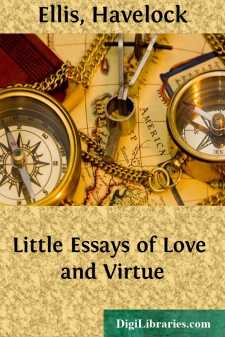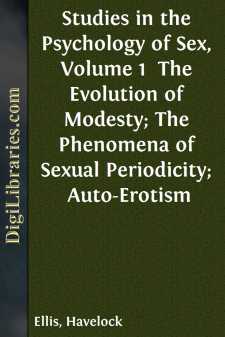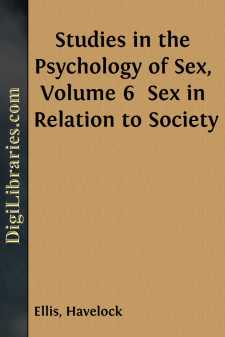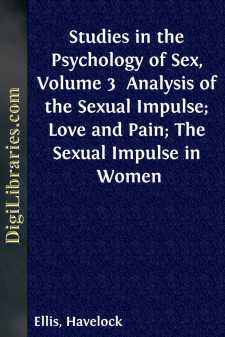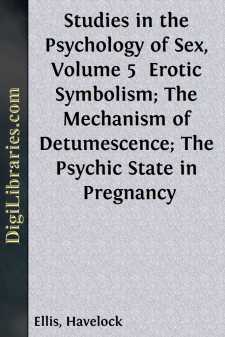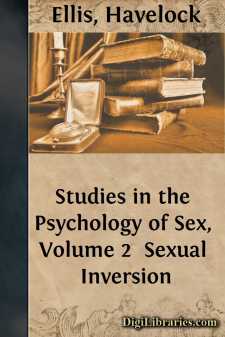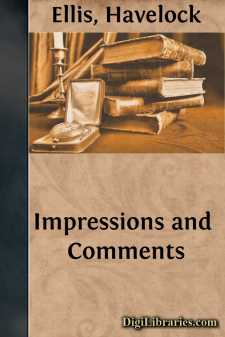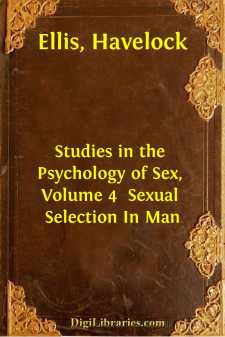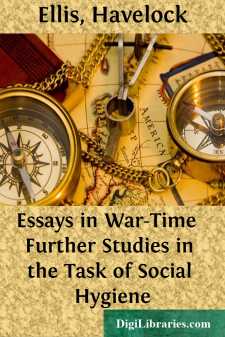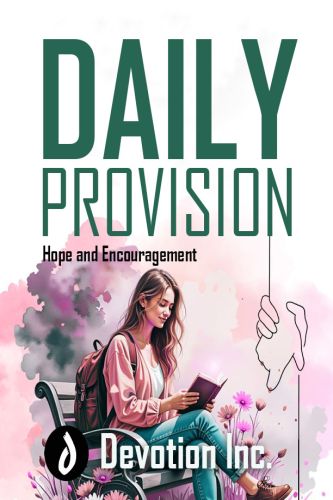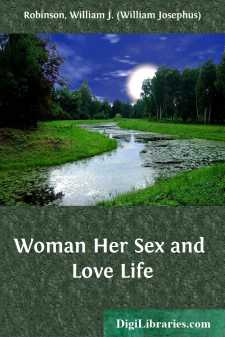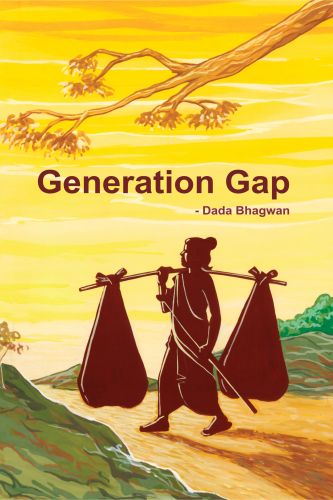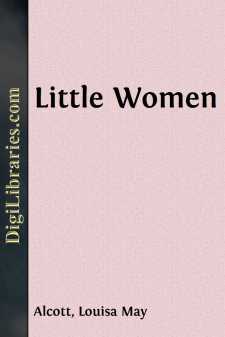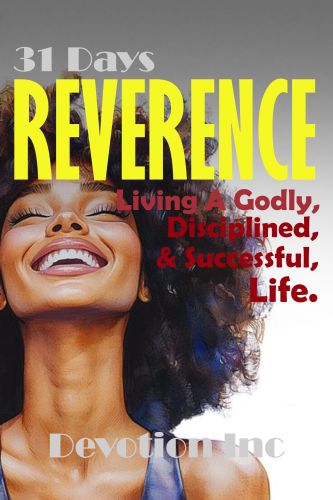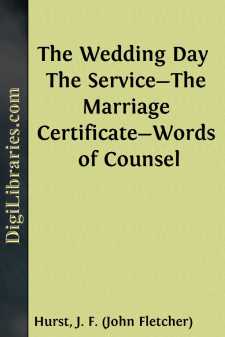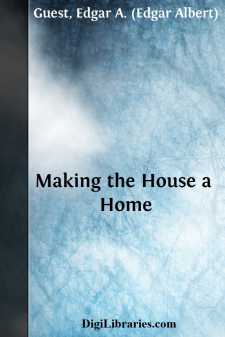Categories
- Antiques & Collectibles 13
- Architecture 36
- Art 48
- Bibles 22
- Biography & Autobiography 813
- Body, Mind & Spirit 142
- Business & Economics 28
- Children's Books 16
- Children's Fiction 13
- Computers 4
- Cooking 94
- Crafts & Hobbies 4
- Drama 346
- Education 46
- Family & Relationships 57
- Fiction 11829
- Games 19
- Gardening 17
- Health & Fitness 34
- History 1377
- House & Home 1
- Humor 147
- Juvenile Fiction 1873
- Juvenile Nonfiction 202
- Language Arts & Disciplines 88
- Law 16
- Literary Collections 686
- Literary Criticism 179
- Mathematics 13
- Medical 41
- Music 40
- Nature 179
- Non-Classifiable 1768
- Performing Arts 7
- Periodicals 1453
- Philosophy 64
- Photography 2
- Poetry 896
- Political Science 203
- Psychology 42
- Reference 154
- Religion 513
- Science 126
- Self-Help 84
- Social Science 81
- Sports & Recreation 34
- Study Aids 3
- Technology & Engineering 59
- Transportation 23
- Travel 463
- True Crime 29
Little Essays of Love and Virtue
by: Havelock Ellis
Categories:
Description:
Excerpt
CHAPTER I
The twentieth century, as we know, has frequently been called "the century of the child." When, however, we turn to the books of Ellen Key, who has most largely and sympathetically taken this point of view, one asks oneself whether, after all, the child's century has brought much to the child. Ellen Key points out, with truth, that, even in our century, parents may for the most part be divided into two classes: those who act as if their children existed only for their benefit, and those who act as if they existed only for their children's benefit, the results, she adds being alike deplorable. For the first group of parents tyrannise over the child, seek to destroy its individuality, exercise an arbitrary discipline too spasmodic to have any of the good effects of discipline and would model him into a copy of themselves, though really, she adds, it ought to pain them very much to see themselves exactly copied. The second group of parents may wish to model their children not after themselves but after their ideals, yet they differ chiefly from the first class by their over-indulgence, by their anxiety to pamper the child by yielding to all his caprices and artificially protecting him from the natural results of those caprices, so that instead of learning freedom, he has merely acquired self-will. These parents do not indeed tyrannise over their children but they do worse; they train their children to be tyrants. Against these two tendencies of our century Ellen Key declares her own Alpha and Omega of the art of education. Try to leave the child in peace; live your own life beautifully, nobly, temperately, and in so living you will sufficiently teach your children to live.
It is not my purpose here to consider how far this conception of the duty of parents towards children is justified, and whether or not peace is the best preparation for a world in which struggle dominates. All these questions about education are rather idle. There are endless theories of education but no agreement concerning the value of any of them, and the whole question of education remains open. I am here concerned less with the duty of parents in relation to their children than with the duty of children in relation to their parents, and that means that I am not concerned with young children, to whom, that duty still presents no serious problems, since they have not yet developed a personality with self-conscious individual needs. Certainly the one attitude must condition the other attitude. The reaction of children against their parents is the necessary result of the parents' action. So that we have to pay some attention to the character of parental action.
We cannot expect to find any coherent or uniform action on the part of parents. But there have been at different historical periods different general tendencies in the attitude of parents towards their children. Thus if we go back four or five centuries in English social history we seem to find a general attitude which scarcely corresponds exactly to either of Ellen Key's two groups. It seems usually to have been compounded of severity and independence; children were first strictly compelled to go their parents' way and then thrust off to their own way. There seems a certain hardness in this method, yet it is doubtful whether it can fairly be regarded as more unreasonable than either of the two modern methods deplored by Ellen Key. On the contrary it had points for admiration. It was primarily a discipline, but it was regarded, as any fortifying discipline should be regarded, as a preparation for freedom, and it is precisely there that the more timid and clinging modern way seems to fail.
We clearly see the old method at work in the chief source of knowledge concerning old English domestic life, the Paston Letters. Here we find that at an early age the sons of knights and gentlemen were sent to serve in the houses of other gentlemen: it was here that their education really took place, an education not in book knowledge, but in knowledge of life....


